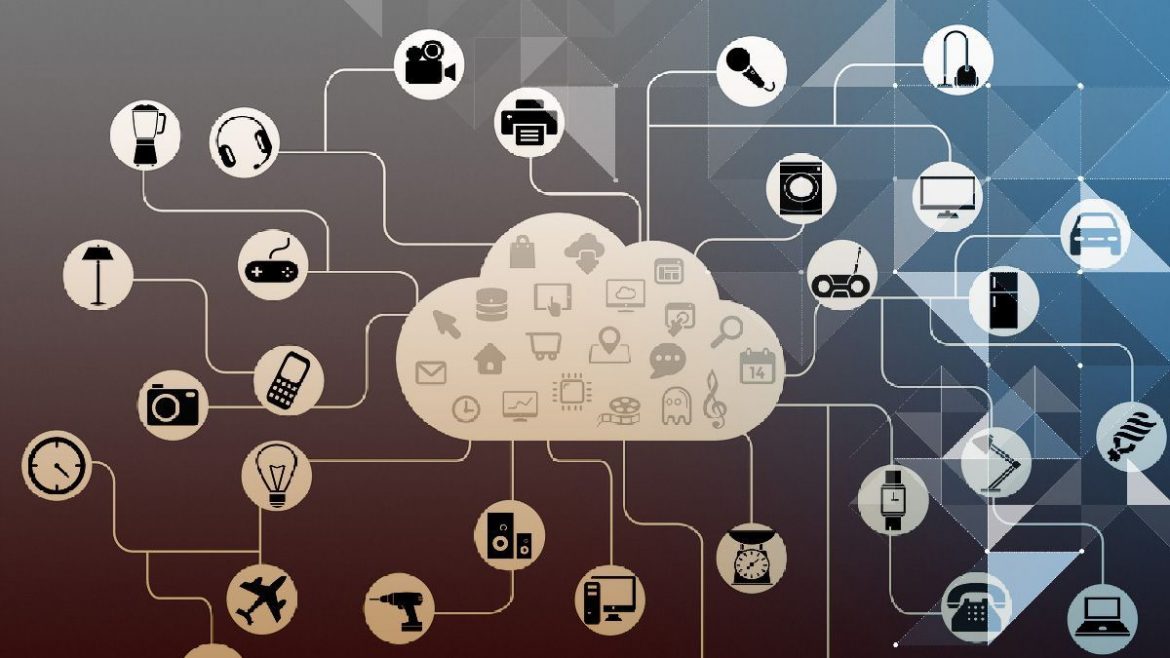Blockchain technology is expected to take the Internet of Things (IoT) industry by storm, but why?
For starters, blockchain technology and smart devices are two of the most innovative developments in the past decade. But there’s more to this partnership than innovation—blockchain stands to add real value to IoT gadgets thanks to it’s decentralized, distributed network.
The addition of blockchain to IoT devices removes the need for data to travel through a centralized location. Instead, information can be distributed across the blockchain’s decentralized network. This comes with a few advantages:
- A decentralized network removes the chance of a single point of failure blocking communication between devices.
- Decentralization increases security. Since there isn’t a central database storing and sharing all the data from various IoT devices, sensitive information is much more protected against security breaches.
- Decentralization makes it easier for devices to communicate and share data. They’re connecting to each other rather than through a centralized hub. This means that gadgets and other smart devices can manage bugs, monitor resources, and update software more efficiently.
What’s more, decentralization enables IoT platforms to analyze and distribute data taken from their devices. They can then share this information across a distributed network, where it can be used to improve user experience (UX), upgrade device capabilities, and even expand automation.
Top Blockchain Innovators in IoT Technology
Now that we’ve looked at some of the benefits that blockchain can bring to your smart devices, let’s dive into some innovative projects leading the way.
- IOTA: Iota was designed specifically to work with IoT devices. They’re also the creator of the Tangle platform, which is often described as the next step in the evolution of blockchain technology. Tangle is different from blockchain in that it’s actually a “blockless” blockchain. Data moves in a non-linear direction, speeding up transactions in the process. This is because IOTA’s verifications aren’t outsourced to miners. Instead, everyone using the network verifies the transactions of their peers.
- Hdac: Also known as the Hyundai Digital Asset Company, Hdac uses blockchain to assist with authentication, identity verification, and data storage for IoT devices. Hdac uses a double-chain system that combines public and private blockchains, which has been carefully designed to boost transaction rates and volume. Expect to see this technology in everything from smart factories to IoT-powered home appliances.
- VeChain: VeChain is a blockchain project making huge waves in China and Singapore. It’s also the only project that uses advanced IoT integration to enhance their logistics industry, implementing technology capable of monitoring the status and progress of shipments over the course of their journey. What’s more, VeChain also combines IoT and blockchain to store digital automobile records. Everything from driver behavior, registration information, insurance details, and maintenance/repair history can be stored on VeChain.
- Waltonchain: Waltonchain uses RFID technology to link blockchain technology and IoT devices. With the help of state-of-the-art, patented RFID chips, Waltonchain is capable of reading and writing data directly to the blockchain by simply scanning an item. This technology is expected to revolutionize the way supply chain management ships and tracks inventory.
As you can see, there are a lot of exciting new blockchain projects on the horizon. It’s safe to say that blockchain technology will become a regular part of IoT platforms within the next 5 to 10 years, so be on the lookout.
Want to stay on top of exciting news in the blockchain industry? Bookmark CryptoTraderNews, the number one source for news around cryptocurrency, ICOs, and exciting blockchain projects.
